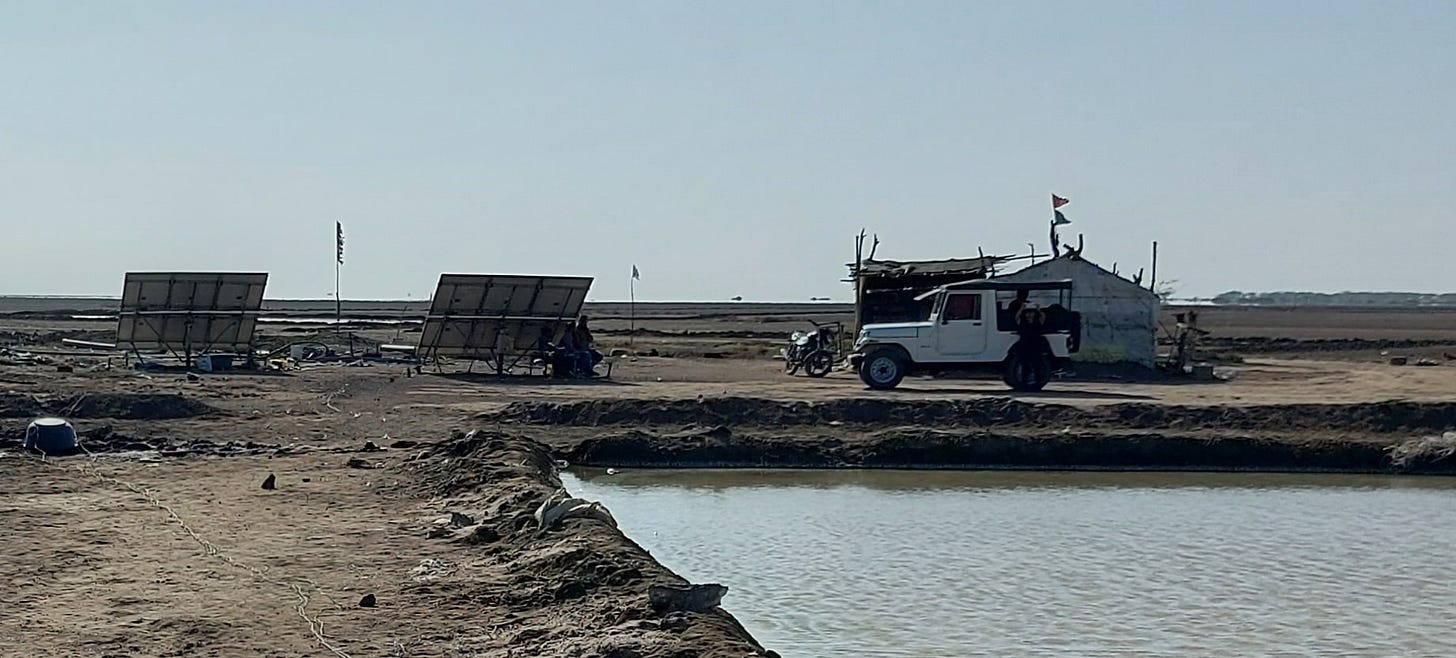India is changing - Rann of Kutch
Like novelist Arnold Bennett said, “Any change, even a change for the better is always accompanied by drawbacks and discomforts.” Nothing is achieved without hard work and persistence.
At SISIR Radar we don’t believe that success is an overnight phenomenon but rather a continuous process of hard work and dedication. Here is an anecdote by our founder Tapan Misra, about the change and success that our nation went through:
Apart from being the only habitat of wild ass, the salty desert of Little Rann of Kutch is replete with rich fauna and dotted with desolate salt pans. These salt pans are cultivated by nomadic families from October to March. These nomadic people not only earn their living from these salt pans, but they are also protectors of the flora and fauna of this unique desert.
I used to visit this place in the 90s quite often. I used to sympathize with their desolate existence in ramshackle housing, feet and hands damaged heavily with contact to raw salt. Their only source of light in the overpowering darkness of night was earthen lamps, burning castor oil. Noisy diesel-powered pumps were used to pump underground saline water to the salt pans. But their noise was enough to frighten the wold ass, Nil Gais, and other animals and birds. In case of a medical emergency, God was of their primary help. Any other wireless or wired mode of communication was non-existent.
Today the scenario has changed. The salt pans are equipped with solar panels, powering almost noiseless electric pumps. The desert is awash with mobile tower signals. Their isolated nomadic life is made enjoyable with mobile phones and the internet. 108 medical service is just a phone call away. They use heavy-duty rubber gumboots and full-length gloves, leaving their skins untouched by salt. These nomadic people still earn their living from their isolated existence in the salt desert, but they are still connected with life like anybody else. India's progress appears to be pervading the lowest of the social strata.



